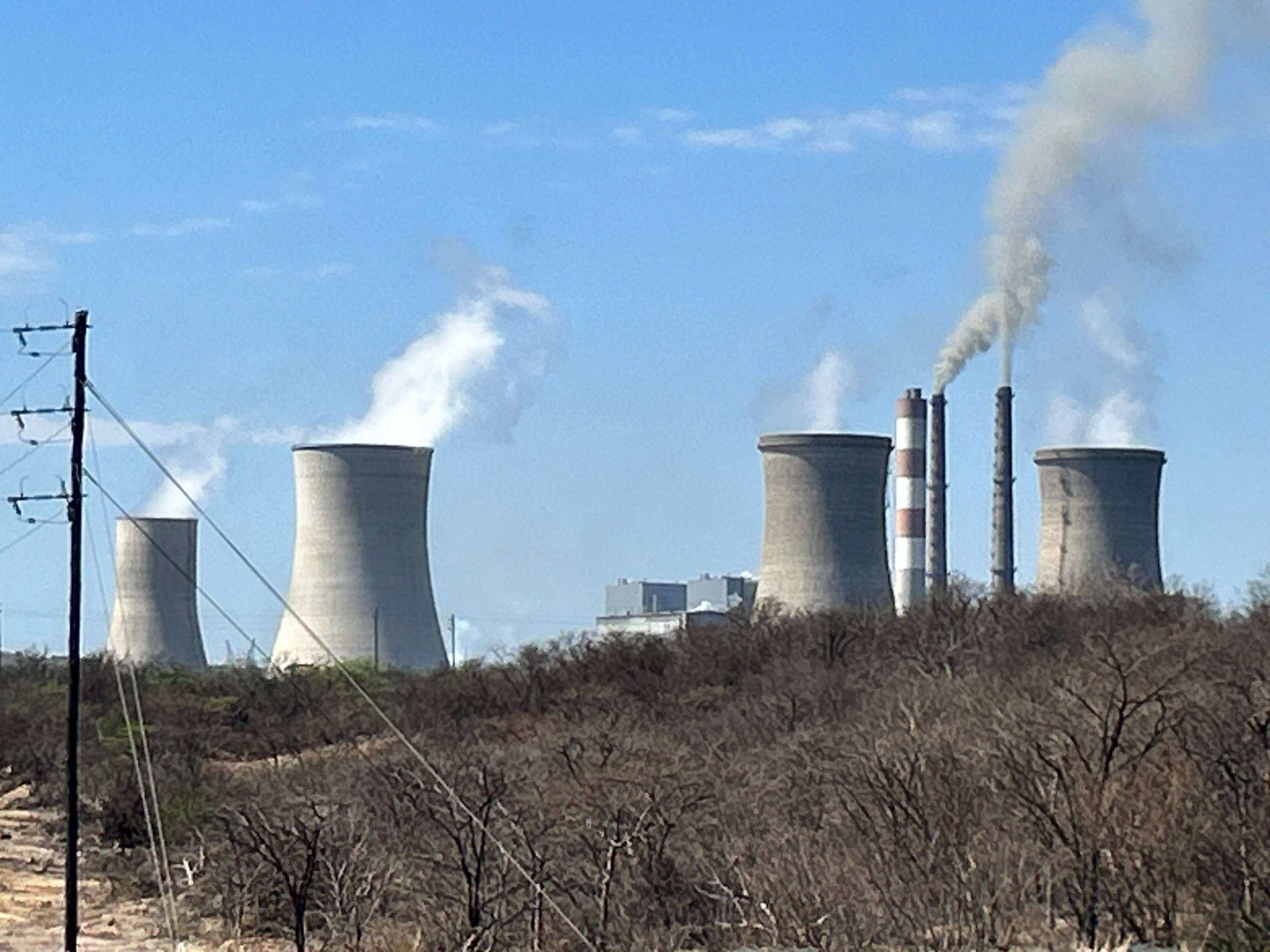 Last time there was an election here it took an entire 3 weeks to get the results. Three weeks of uncertainty, fear and nail biting anxiety as people wondered. Now that we are done voting in the just past referendum I cannot help but fret and I have to wait for five or so days as my worries gnaw my heart before learning the result. All this waiting is not good for my heart! An automated electronic system would deliver the results of the poll timeously with little fussing.
Last time there was an election here it took an entire 3 weeks to get the results. Three weeks of uncertainty, fear and nail biting anxiety as people wondered. Now that we are done voting in the just past referendum I cannot help but fret and I have to wait for five or so days as my worries gnaw my heart before learning the result. All this waiting is not good for my heart! An automated electronic system would deliver the results of the poll timeously with little fussing.
A number of polling booths opened late and some had to temporarily close because they ran out of paper and other materials. People had to rush all the country in panic mode to try and solve the mess. A mess that I know will never happen if we had been using Direct Voting Machines because all we voters would need to do is click on Yes or No depending on our choice. No need for wads of paper. That would be so green.
Partisanships aside everyone hates losing – Africans more so. After every election local or national the bickering starts as allegations of voter fraud, spoiled ballots, multiple voting and ghost voters on the voters’ roll are liberally traded. As supporters participating parties rally together with their leaders and fight each other, nations are thrown into turmoil, lives lost, economies destroyed and investor confidence plunges. Think Kenya 2007, 2100 people died, Zambia, Liberia’s protracted civil war and the ever perennial Somali election disputes. The panacea for all these maladies is electronic voting. It eliminates the need for recounts since candidates know exactly how many votes he/she got.
Spoiled ballots in electronic voting? Nah! Since the voter has to explicitly click on the picture of their preferred candidate or the preferred party symbol there is little room for error. In fact ballot machines have the option to cancel and recast the vote. Here the voter has to explicitly make a choice and vote in a particular way. Some voters have been known to try and vote for two or more candidates on the same ballot paper or write some cheeky notes thereon. Also, people will not enthralled in disagreements as to what constitutes a spoiled ballot and what does not.
Paper ballots are very wasteful and I don’t need to be a tree hugger to know there is a connection between deforestation and global warming. And even if you are not going to be enticed by the environmental argument, the material and logistical costs of planning an election should be enough to persuade people. Consider elections where a runoff (second round) is required to decide the winner. Conducting it is a logistics nightmare as ballot papers for the entire nation have to be printed and sent to various polling stations scattered all over the place. Electronic machines can easily be reconfigured resulting in massive savings.
With every election there is always a margin of error. Uhuru Kenyatta is said to have won the recent Kenyan elections by 50.07% against RailaOdinga’s 43.28%, avoiding a runoff by just 8,100 votes that is 0.00065%! Such a small margin could mean the difference between one candidate being in office instead of the other. Electronic voting results are so accurate they eliminate any doubt and a country doesn’t need to resort to costly recounts.
Despite these advantages I doubt we will have e-voting anytime soon. Meanwhile, I will monitor my heart beat and strap my BP monitoring machine as I anxiously wait for the results. Now who is for electronic voting? Please say yes. E-voting anyone?













Comments
11 responses
sorry the difference between Uhuru Kenyatta and Raila Odingas votes was 832,887 votes and maybe you have not been following the news on Kenya, but the electronic submission of votes system failed us dismally… http://www.theeastafrican.co.ke/news/Poll-system-failure-dents-Kenya-status-/-/2558/1722148/-/4tsjp3z/-/index.html
You will notice that you have said the difference between the votes ” avoided a runoff by 8100 votes” Moreover It would be unfair to blame the failure to implement the system on the system itself.
Good idea so long as the application logic and code of the voting system is open sourced and available to all to see then OK. But if it’s a system that’s likely to be developed in China and closed source then we are well and truly in trouble.
I get the sense! He who controls the code would be king.
Electronic systems have loads of issues. A headache even to the technologically advanced nations. I wouldnt vouch for them. Paper ballots are still king!
There is a difference in what we wish and what can practically be done, electronic voting in one such wish!
Dreams are good. Luther King Jr had one.
I agree – they’ve certainly solved some problems here in the US since the Gore/Bush fiasco in 2000. Of course, I think the shape of democracy as a whole could be changed with technology. Imagine the law as a git repository, where ordinary citizens submit pull requests, and whether or not to merge is decided by vote… http://www.ted.com/talks/clay_shirky_how_the_internet_will_one_day_transform_government.html
There is no need for a recount really. But the machines leave a coded audit trail that can be used to verify the tally. I do not think the machines are any less secure than our paper ballots.
Ko magetsi akaenda ku polling station?
[…] to the best of our knowledge, has sponsored a motion to modernize – although sections of the media and civic society have mulled the options of an electronic national […]